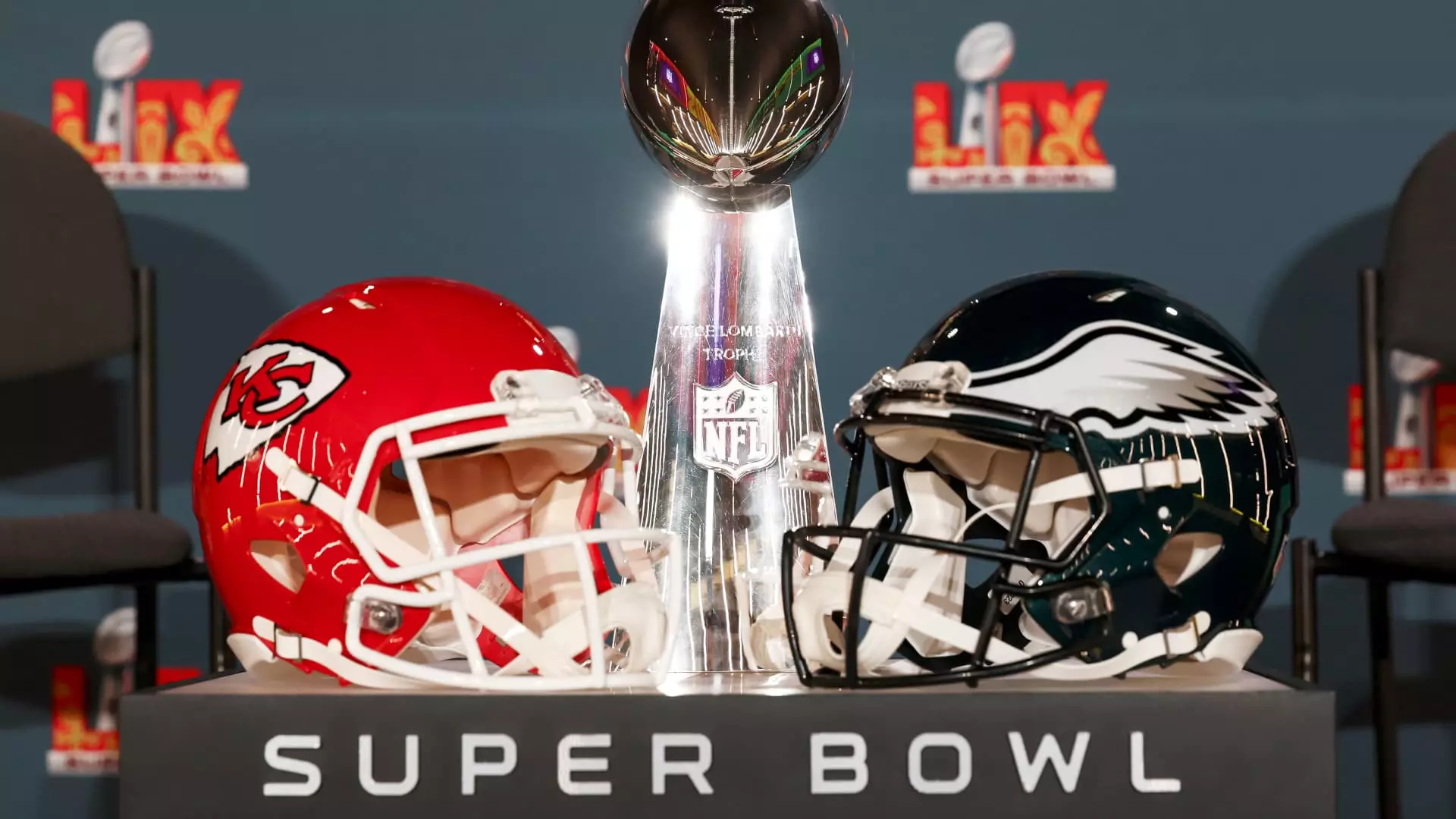The recent NFL initiative to penalize players, coaches, and staff for reselling Super Bowl tickets exposes a troubling trend: the league’s growing obsession with policing behavior that once thrived in a more relaxed, fan-oriented environment. While safeguarding the integrity of the sport and ensuring fair access for loyal fans is a noble goal, the NFL’s heavy-handed punitive measures reveal a misplaced sense of moral superiority. By imposing fines that far exceed the ticket’s original value, the league demonstrates an intent to punish rather than rehabilitate, fostering an atmosphere of suspicion and control that undermines its own credibility.
Such authoritarian steps suggest that the NFL views its personnel not as individuals with personal agency but as potential villains in a moral chess game. This approach ignores the nuances of human motivation and the economic realities faced by players and staff. The fine structure—1.5 times the face value for players and double for employees—is not just punitive but indicative of a league increasingly disconnected from the complexities of the sports and entertainment industries it governs. Rather than fostering a culture of trust or providing education on ethical resale practices, the league chooses to elevate punitive measures, making it clear that any perceived misconduct will be met with lasting financial penalties.
Questionable Fairness and Unintended Consequences
One cannot overlook the potential fallout of these policies. For many athletes and staff, selling tickets to cover personal expenses or capitalize on a rare opportunity might be a rational decision in the face of uncertain contracts, injuries, or financial pressures. The league’s blanket condemnation and stiff fines risk criminalizing behaviors that, in many other fields, are considered legitimate economic pursuits. The policy’s rigidity and the threat of losing future ticket purchasing privileges create an environment of fear rather than integrity.
Furthermore, this approach may inadvertently incentivize clandestine resale networks, where individuals become more discreet and less transparent about their transactions, complicating enforcement efforts. Instead of curbing resale, the NFL’s heavy penalties might push these transactions underground, making it harder to regulate and less transparent for devoted fans who genuinely want access to the most coveted tickets. The league’s focus on policing every ticket transaction neglects the broader economic and social realities that drive these behaviors.
The Broader Implications for League Credibility
In an era where sports organizations are scrutinized more than ever, the NFL’s hardline stance might be viewed as prioritizing its image over fostering mutual respect and fairness. By demonizing those within its ranks for engaging in common practices — rampant in other industries — the league risks alienating its most loyal, often underpaid, insiders. The move could be perceived as an attempt to mask internal issues, such as player salaries, revenue sharing, or the broader economic environment, through accusations of profiteering.
This obsession with controlling resale profits also raises questions about the NFL’s true priorities. Is preserving the league’s brand more important than recognizing the human element behind every ticket sale? The heavy fines and the threat of exclusion suggest that the NFL’s leadership has lost sight of the bigger picture: nurturing a community that values fairness, respect, and mutual benefit. Instead, we are left with a punitive culture that may do more harm than good, eroding the goodwill and goodwill that once made the league a symbol of American entertainment.
The NFL’s recent measures reveal a league increasingly concerned with moral posturing rather than pragmatic solutions. As it tightens its grip on even the smallest economic behaviors of its insiders, it risks alienating the very fans and personnel who have helped sustain its prominence for decades. In its quest for moral superiority, the league may be sacrificing the fundamental trust that forms the bedrock of its success.

